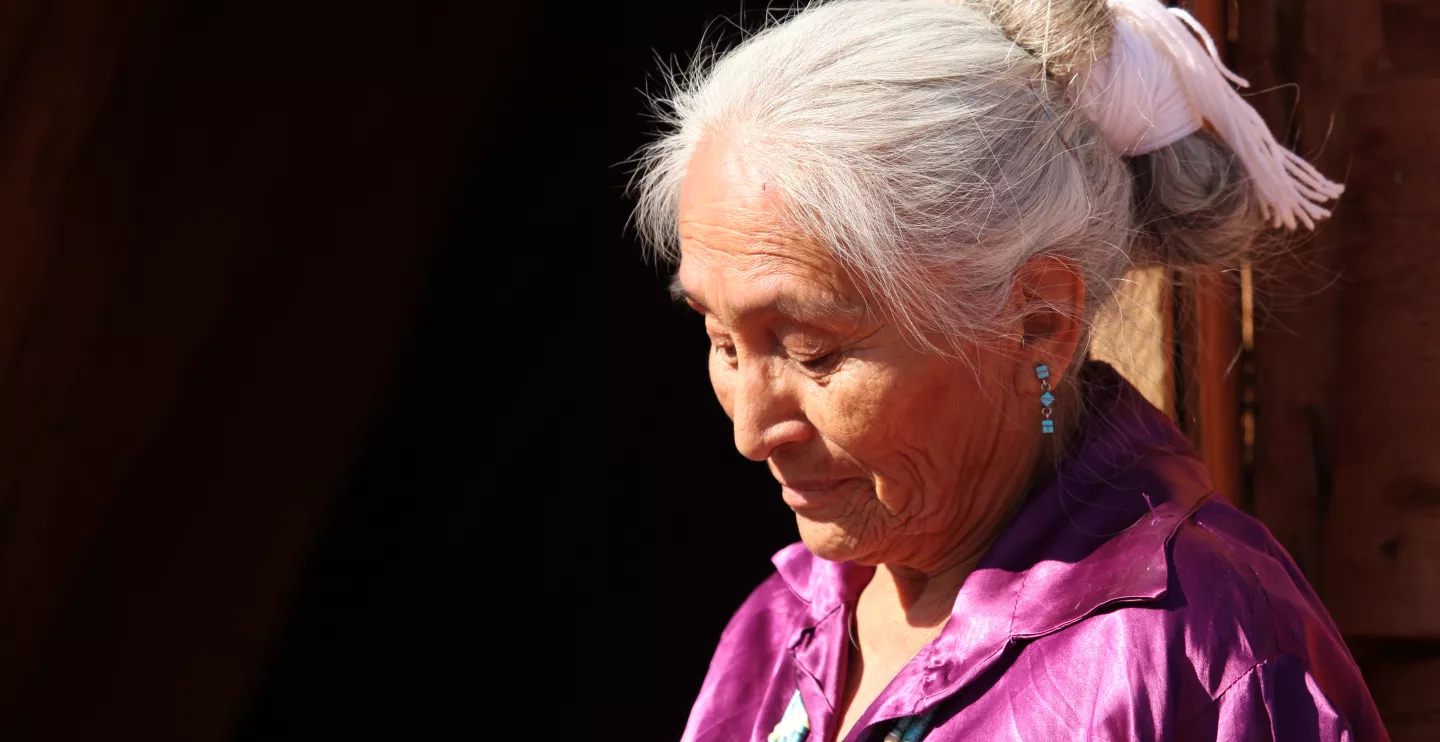A new policy brief by the UCLA Center for Health Policy Research points out the need for easier access to health data on the nearly 6 million American Indians and Alaska Natives living in the United States.
The report’s authors write that the lack of clear data and the challenges in accessing it make it difficult for researchers and policymakers to understand the health challenges faced by American Indians and Alaska Natives. The study is particularly timely because, according to the Centers for Disease Control and Prevention, American Indians and Alaska Natives have COVID-19 infection rates that are 3 1/2 times higher than non-Hispanic whites.
“American Indians and Alaska Natives are often underrepresented in health research because of narrow definitions in the race and ethnicity categories across national and state surveys,” said Tara Becker, the study’s lead author and a senior public administration analyst at the center.
“It is vital to note that single-race, non-Latino American Indian and Alaska Native data are often used to represent the entire population, which can be misleading, considering that fewer than 2 in 5 American Indians and Alaska Natives report themselves in this category.”
The federal agencies that collect and track health data have a comparatively small amount of input from American Indian and Alaska Native communities, because in most national survey data, too few respondents have been interviewed for the data to be considered representative. That means their data is often reported to researchers — those whose studies help make sense of the data — as part of an “other” category, which eliminates any chance that the data can be used to understand the specific health challenges American Indians and Alaska Natives face.
The finding came after the authors analyzed seven large population health surveys conducted by the federal government and a state health survey conducted by the center. The brief suggests a handful of measures that could improve the measurement and availability of information about the health of American Indians and Alaska Natives, including:
Having research centers pool multiple years of survey data to provide more race and ethnicity data, such as in the center’s own California Health Interview Survey.
Having the federal agencies that provide the data include information on the overall American Indian and Alaska Native population, such as by grouping both single-race and multiracial people, in the data sets they provide to researchers.
Having those agencies reduce the cost and time it takes for researchers and scientists to access restricted population health data.
“We must of course keep in mind the value and integrity of data privacy as well as be respectful of cultural values, which is why it’s important that we reduce access barriers so that tailored policies can be created to better serve this community,” said Riti Shimkhada, a co-author of the paper and a senior research scientist at the center.
The UCLA Center for Health Policy Research (CHPR) is one of the nation’s leading health policy research centers and the premier source of health policy information for California. UCLA CHPR improves the public’s health through high quality, objective, and evidence-based research and data that informs effective policymaking. UCLA CHPR is the home of the California Health Interview Survey (CHIS) and is part of the UCLA Fielding School of Public Health and affiliated with the UCLA Luskin School of Public Affairs.




